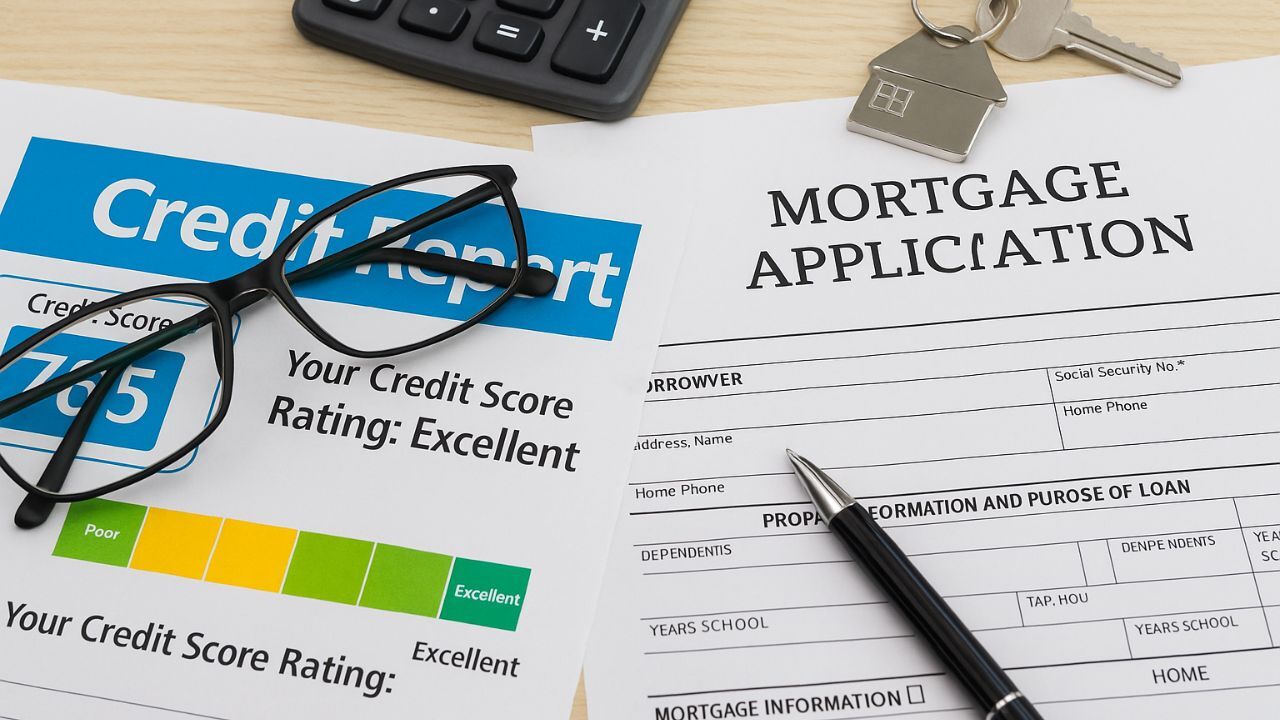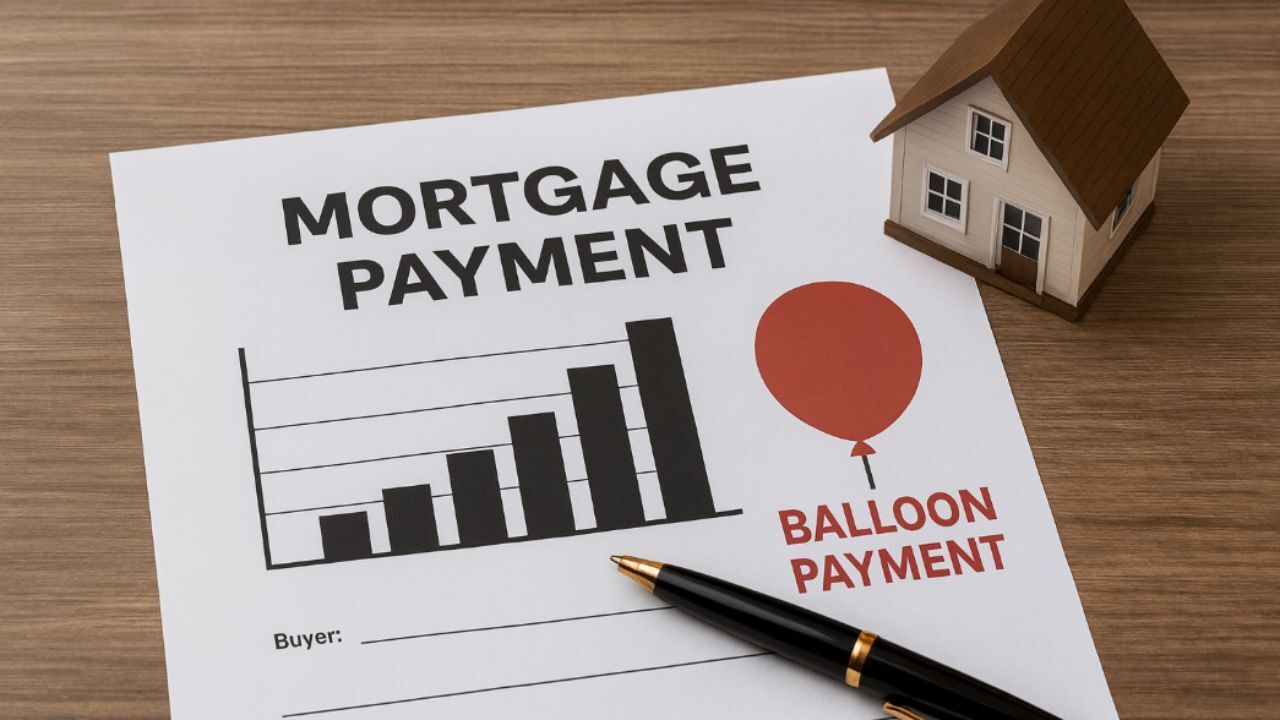The Future of Mortgages with Technology Fintech and AI
 The mortgage industry is evolving faster than ever. Technology, fintech innovation, and artificial intelligence are transforming how borrowers find, qualify for, and manage their home loans. These advancements are making the mortgage process faster, smarter, and more transparent, creating new opportunities for both lenders and buyers.
The mortgage industry is evolving faster than ever. Technology, fintech innovation, and artificial intelligence are transforming how borrowers find, qualify for, and manage their home loans. These advancements are making the mortgage process faster, smarter, and more transparent, creating new opportunities for both lenders and buyers.
Speed and Convenience Through Technology
Technology has simplified every stage of the homebuying journey. Online applications, digital document uploads, and electronic signatures have replaced much of the traditional paperwork. Borrowers can now apply for pre-approval from their phone or laptop and get real-time updates on their loan status. This digital shift has made the process more convenient and less intimidating, especially for first-time buyers.
Fintech’s Role in Personalization
Fintech companies are driving personalization in mortgage lending. By using data analytics, lenders can now tailor loan options to fit individual needs and financial goals. Borrowers benefit from more flexible terms, better interest rates, and faster decision-making.
The Power of Artificial Intelligence
AI is taking mortgage lending to the next level. Machine learning can analyze vast amounts of data to predict creditworthiness, assess risk, and streamline underwriting with remarkable accuracy. Chatbots and virtual assistants help guide borrowers through questions and next steps 24 hours a day, while AI-driven analytics help lenders identify better solutions for each customer.
For borrowers, AI reduces wait times and minimizes human error. For lenders, it improves efficiency, speeds up approvals, and provides deeper insight into customer needs. It is a win-win that is reshaping how mortgages are originated and managed.
Security and Trust in a Digital World
With all these advances, protecting borrower information is more important than ever. Lenders are investing in encryption, secure data storage, and fraud detection powered by AI. These tools help ensure that digital convenience does not come at the expense of privacy or security.
Looking Ahead
The mortgage process is no longer a slow, paper-heavy experience. It is becoming a streamlined, data-driven system built around the customer. As technology continues to evolve, borrowers can expect faster closings, more transparency, and smarter loan options. The future of mortgages is about efficiency and empowerment, giving buyers more control than ever before.

 When preparing to apply for a mortgage, it is important to understand how credit inquiries can impact your chances of approval. Lenders use your credit report to assess risk, and every inquiry can play a role in how they view your financial stability. By knowing the difference between soft and hard inquiries, borrowers can make smarter decisions and protect their credit scores during the home buying process.
When preparing to apply for a mortgage, it is important to understand how credit inquiries can impact your chances of approval. Lenders use your credit report to assess risk, and every inquiry can play a role in how they view your financial stability. By knowing the difference between soft and hard inquiries, borrowers can make smarter decisions and protect their credit scores during the home buying process. Balloon mortgages are a unique type of home loan that can be attractive to some borrowers, but they also carry specific risks. Unlike traditional mortgages with consistent payments over the life of the loan, balloon mortgages involve smaller monthly payments for a set period, followed by a large lump sum payment at the end.
Balloon mortgages are a unique type of home loan that can be attractive to some borrowers, but they also carry specific risks. Unlike traditional mortgages with consistent payments over the life of the loan, balloon mortgages involve smaller monthly payments for a set period, followed by a large lump sum payment at the end.